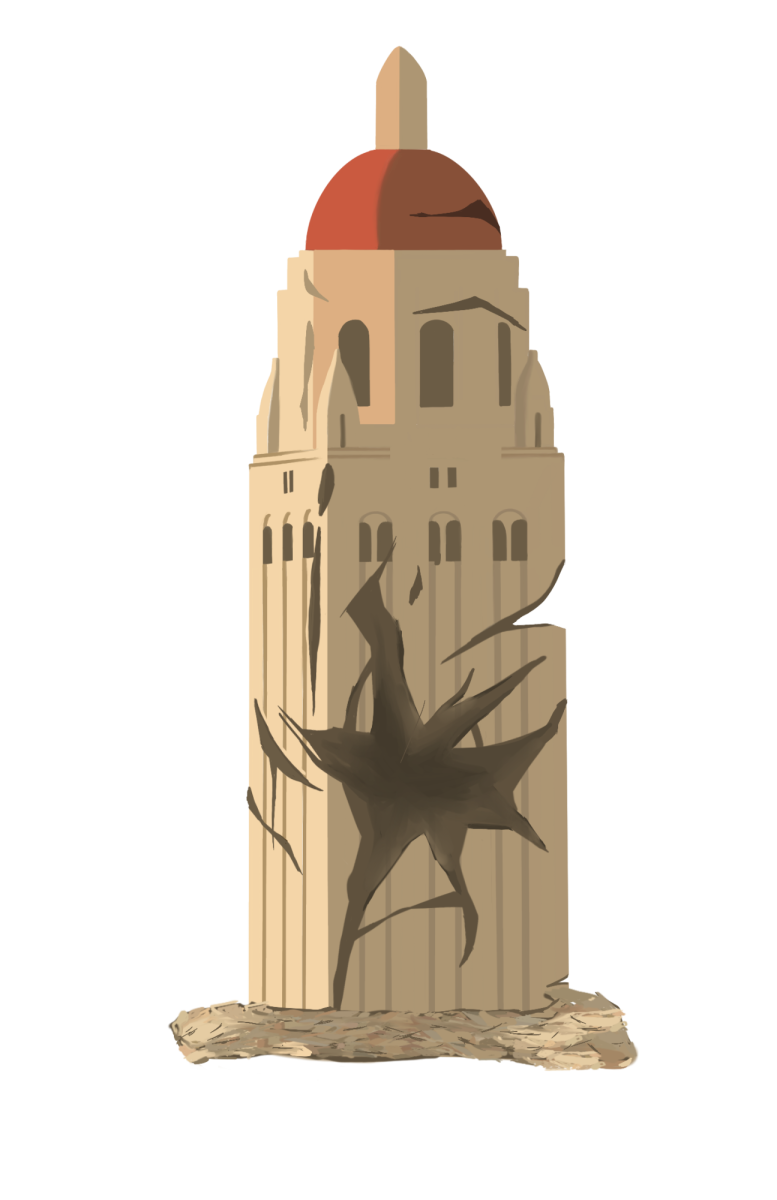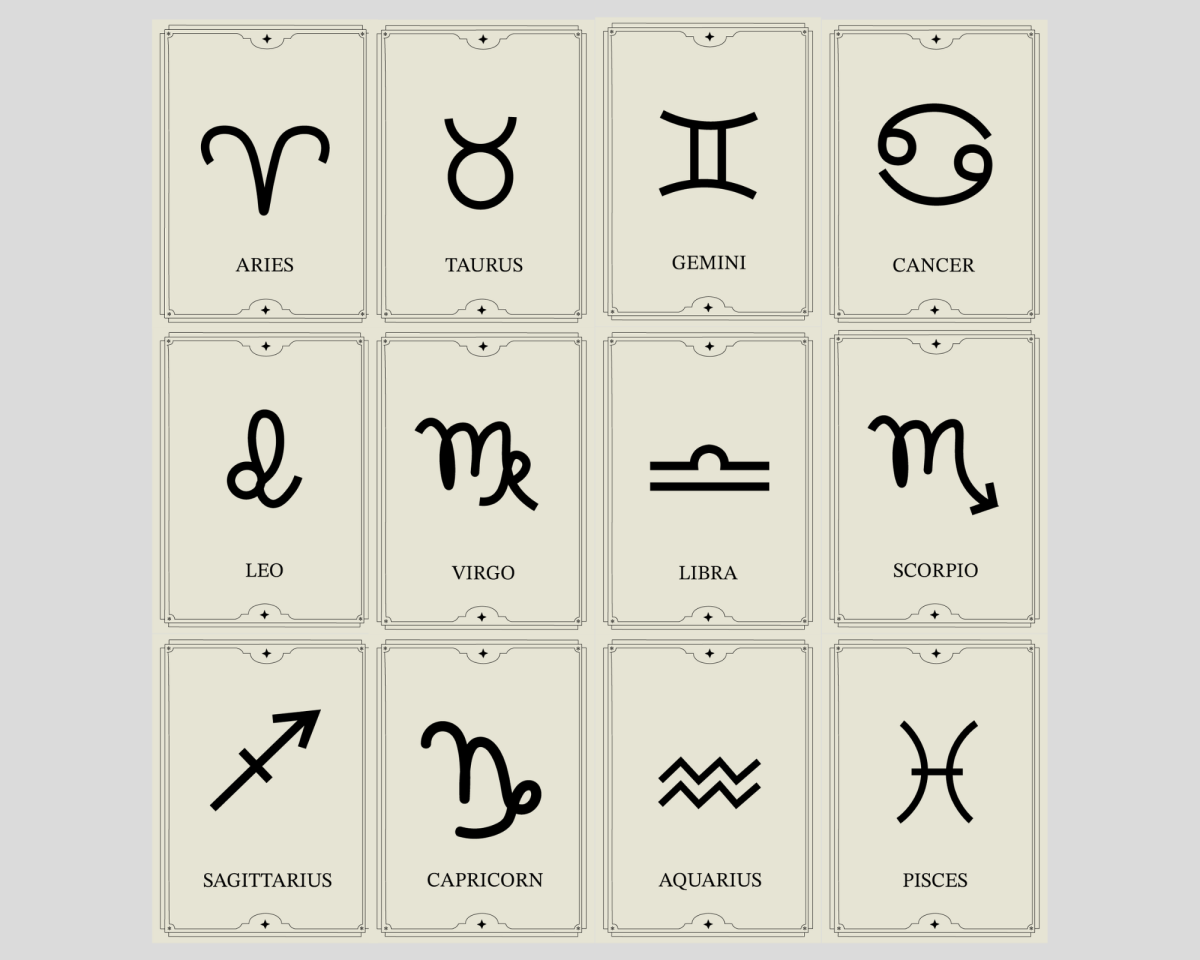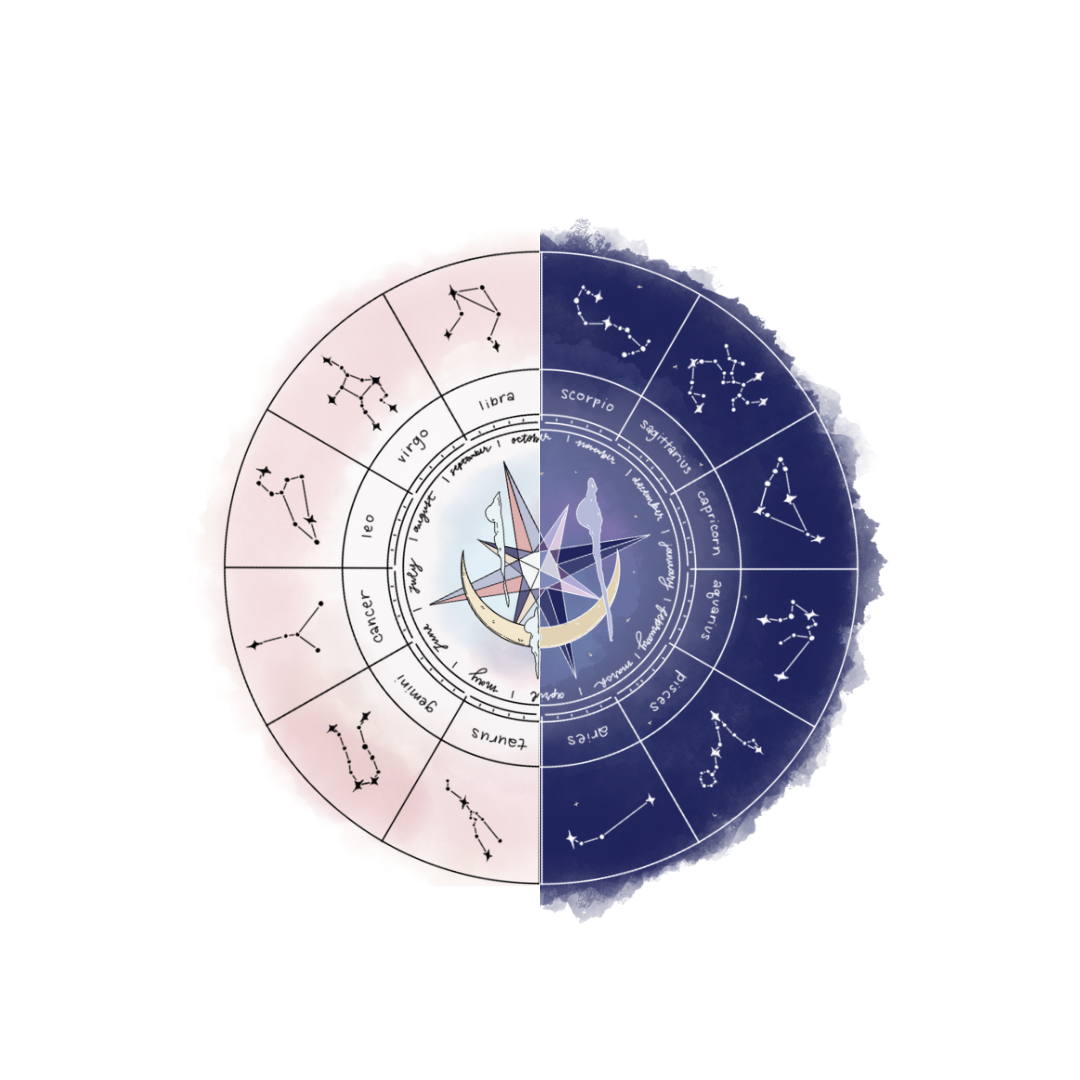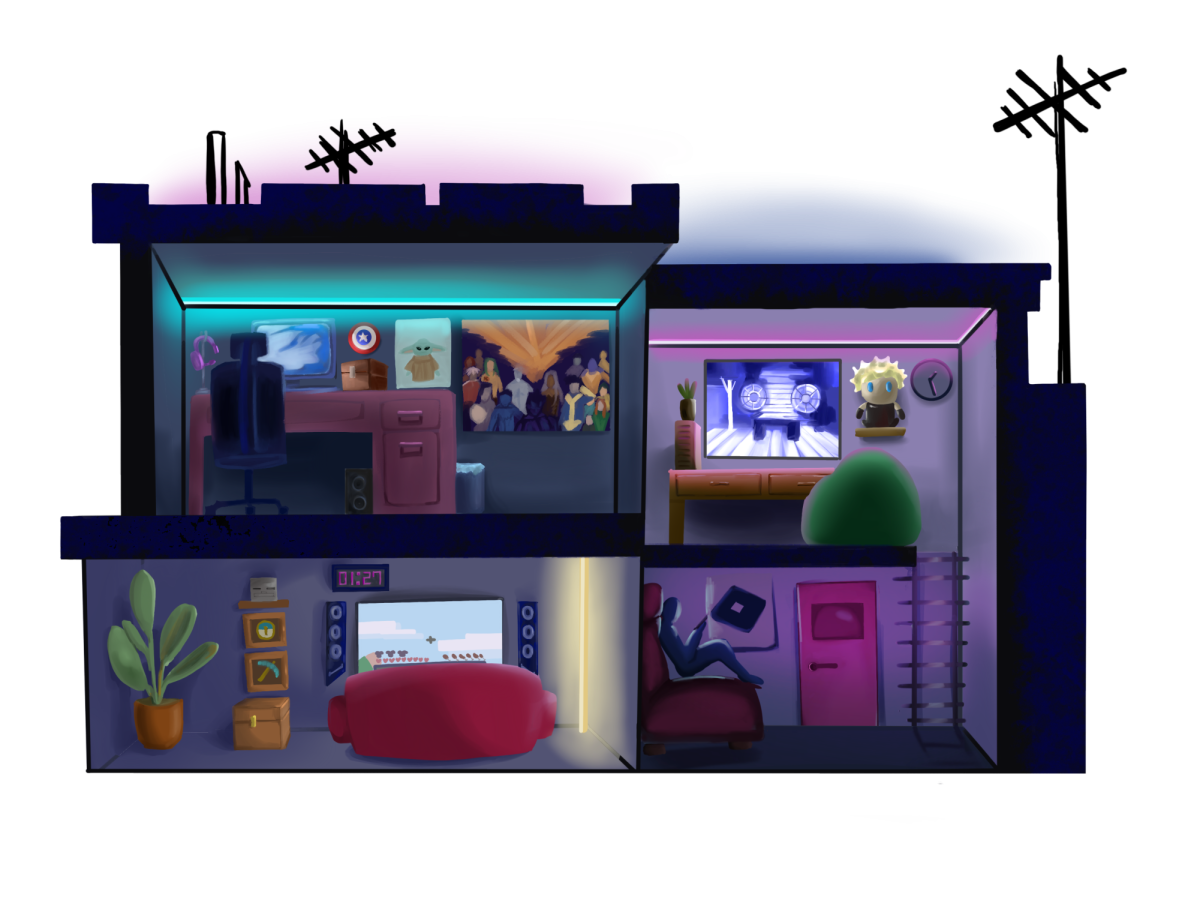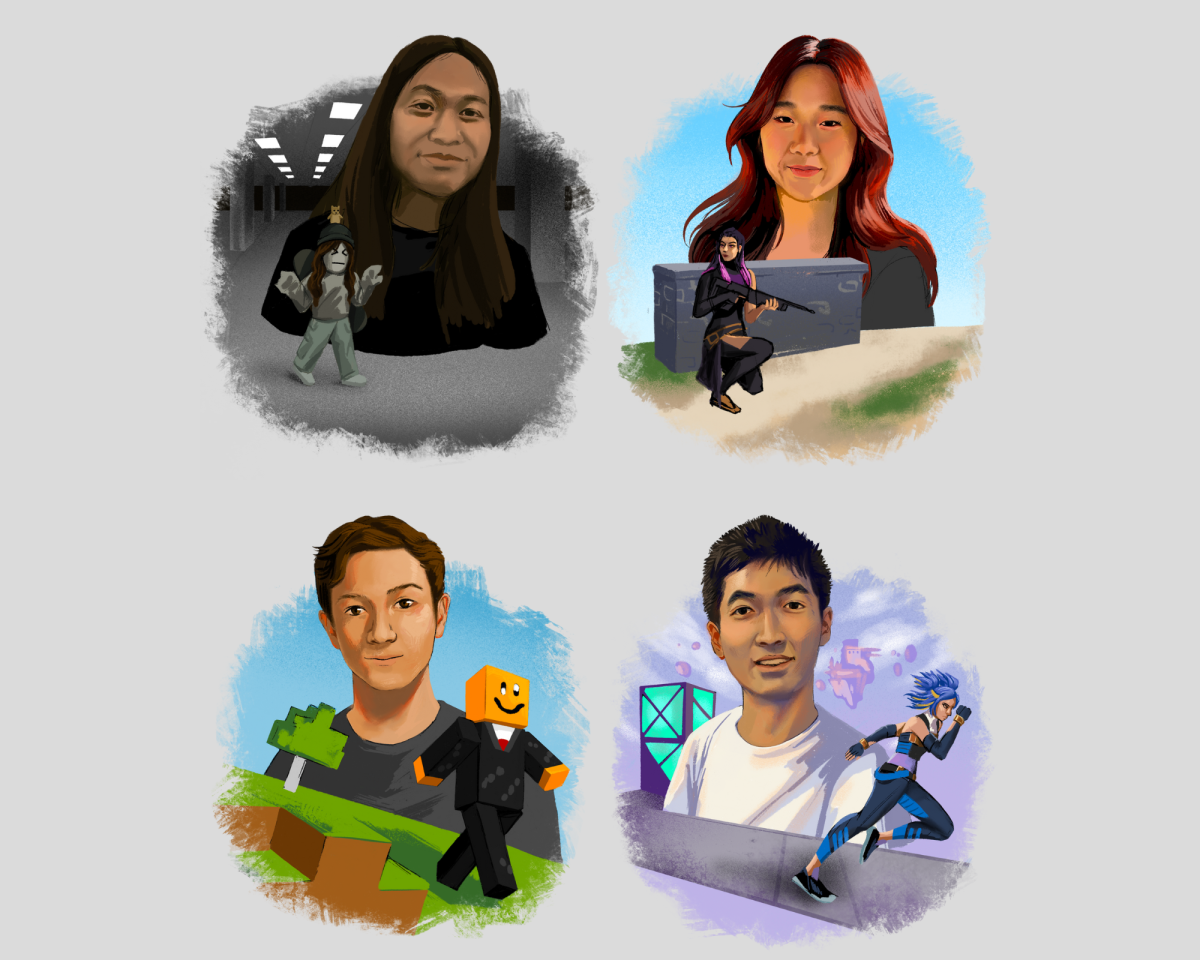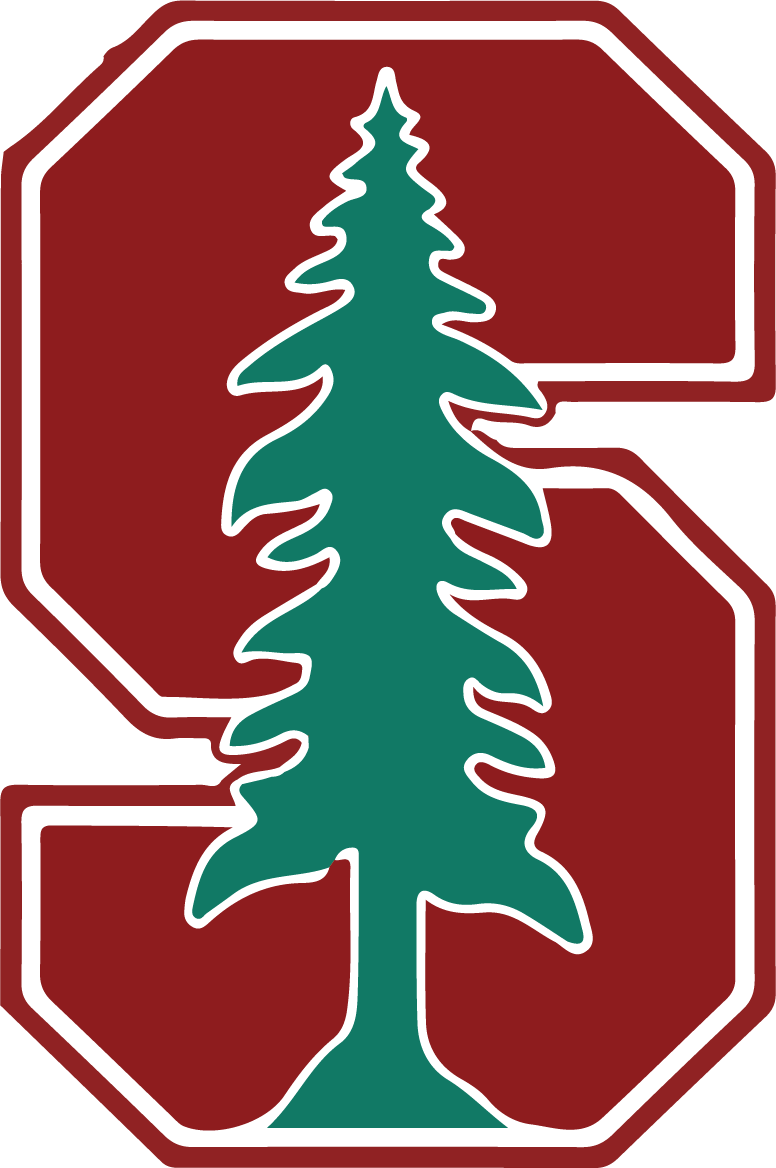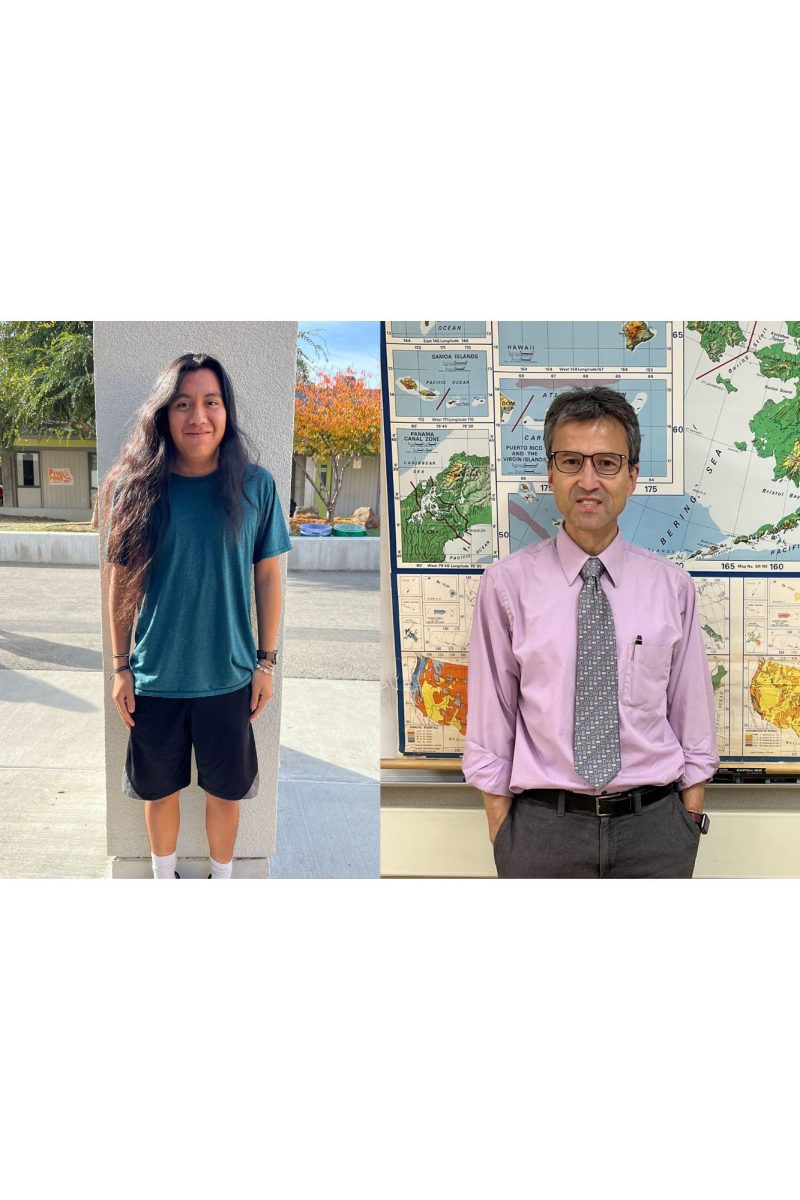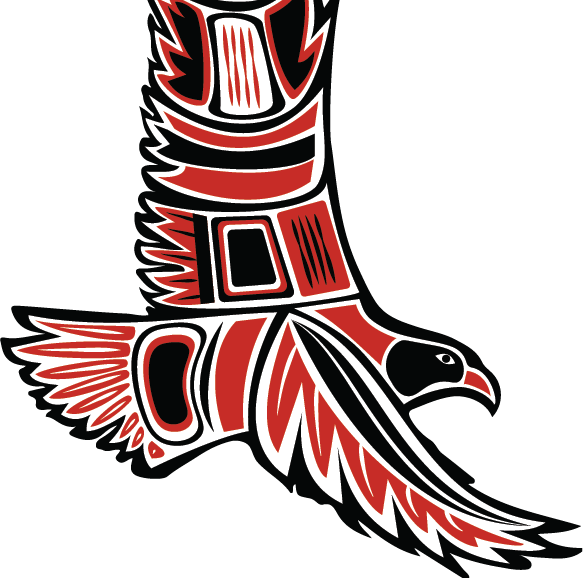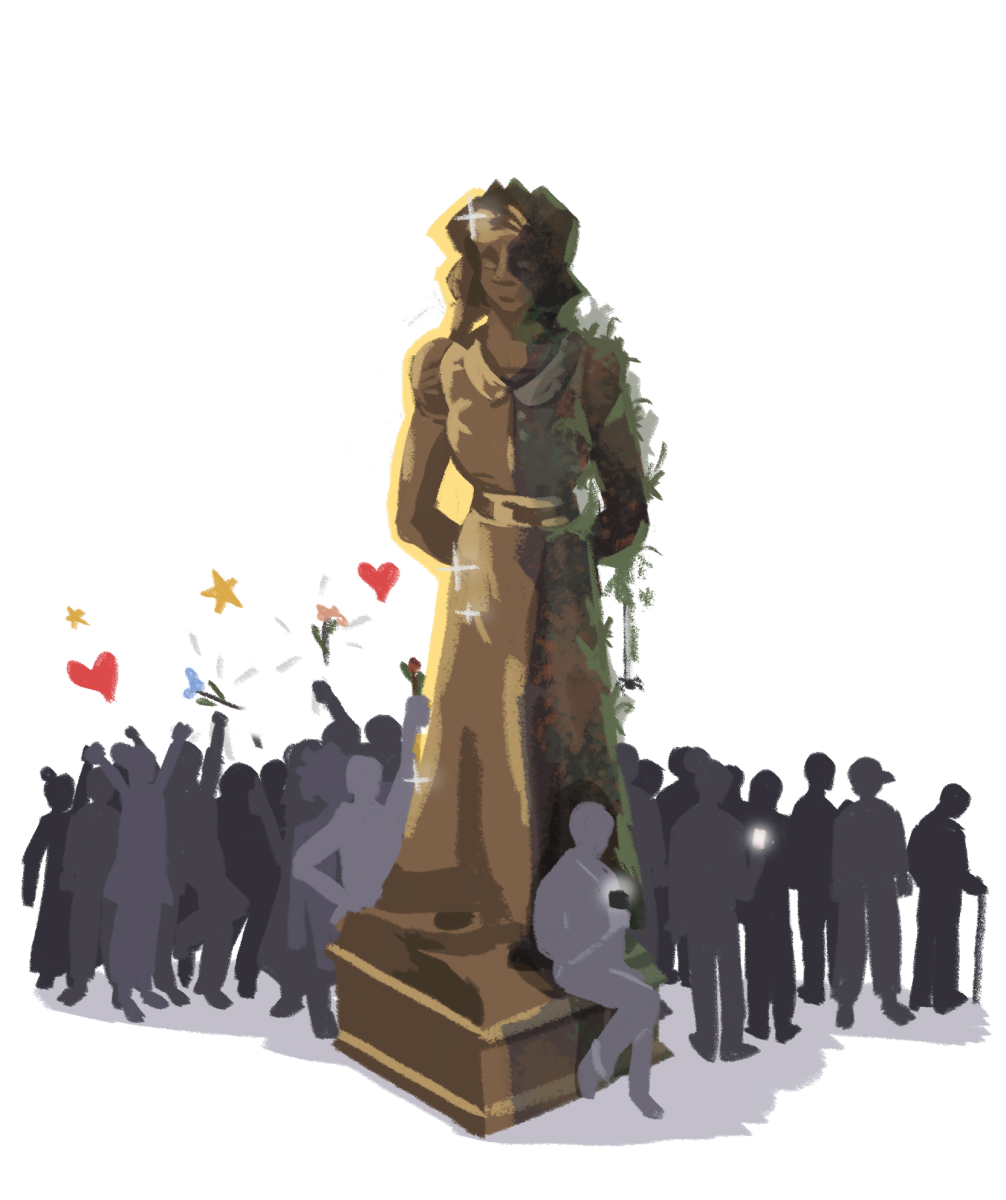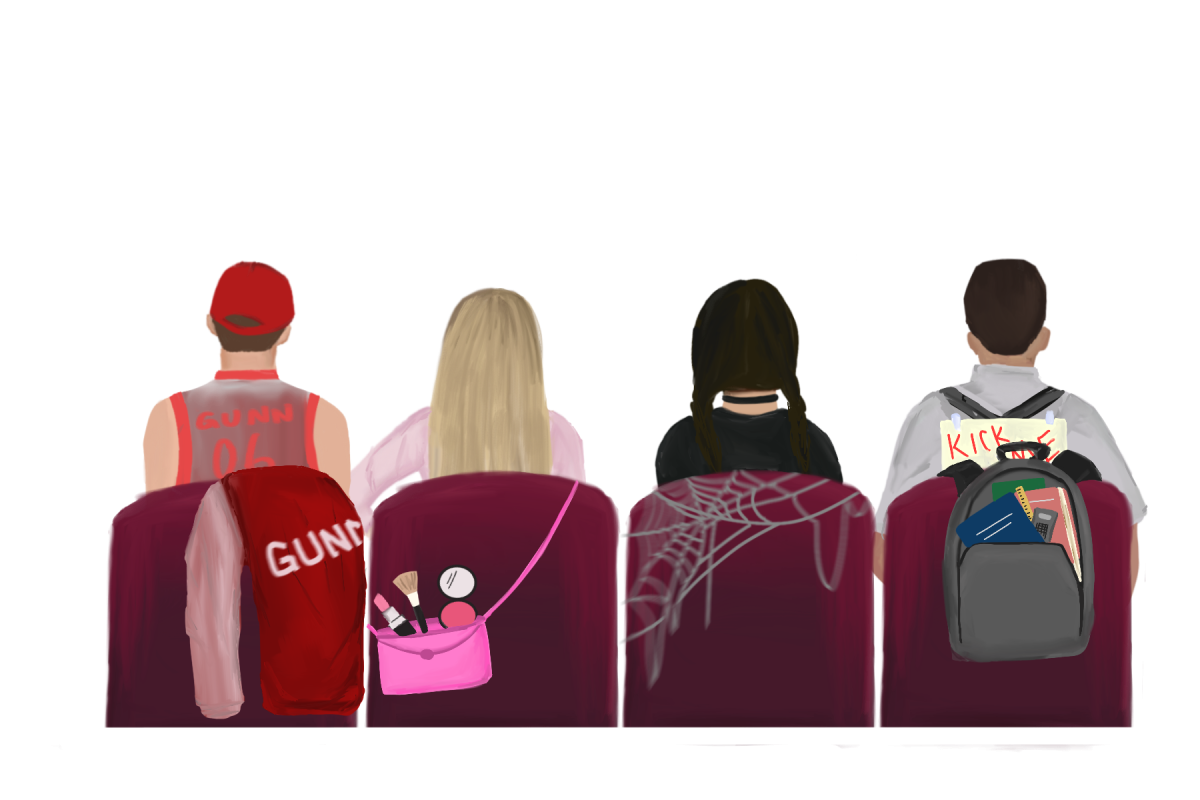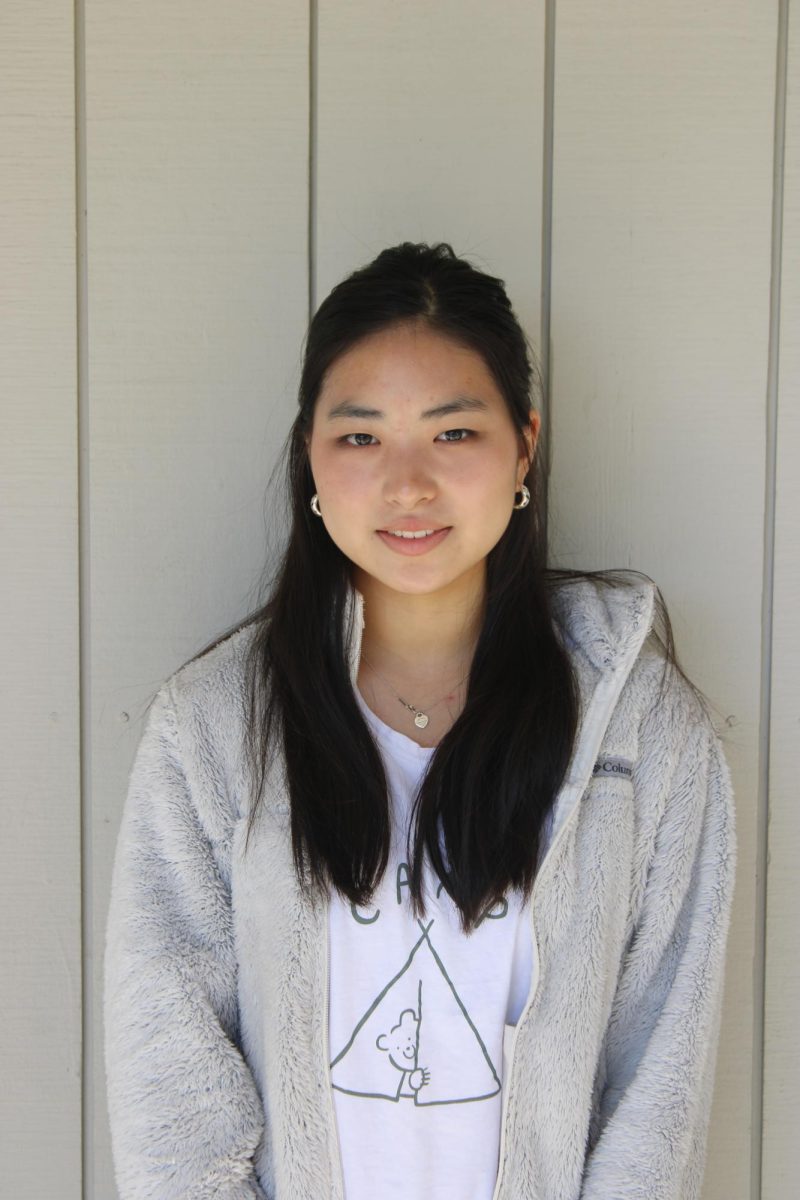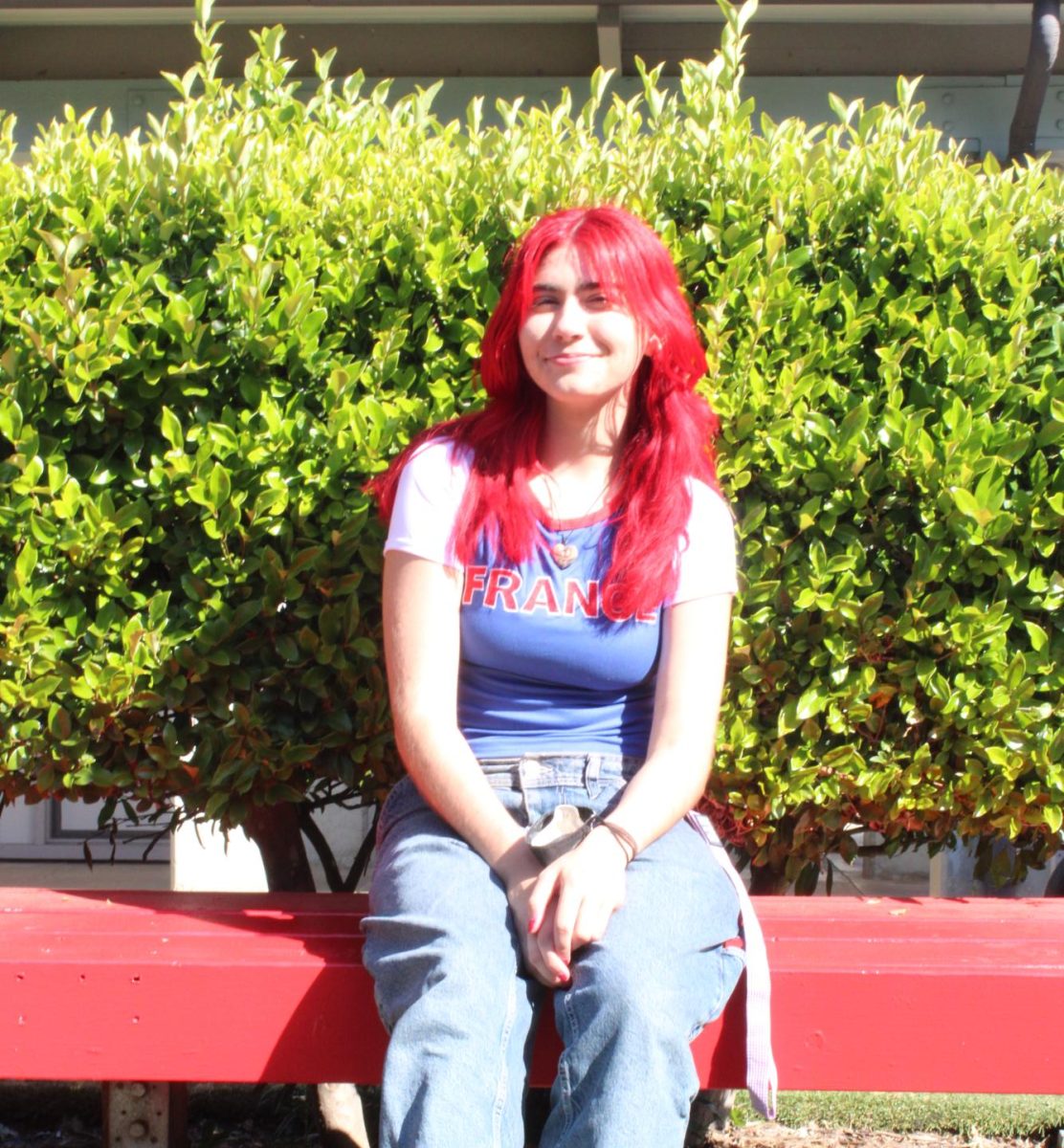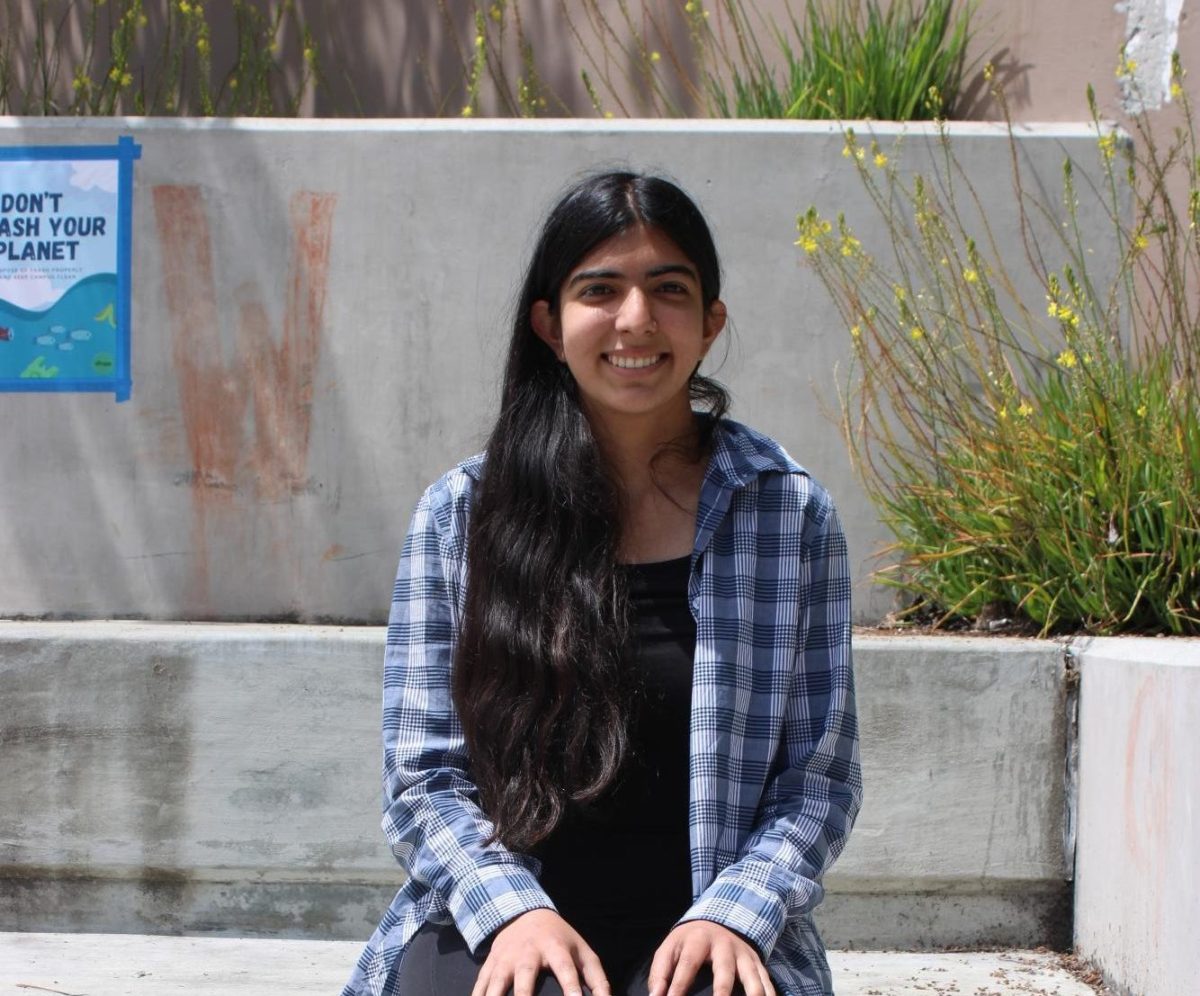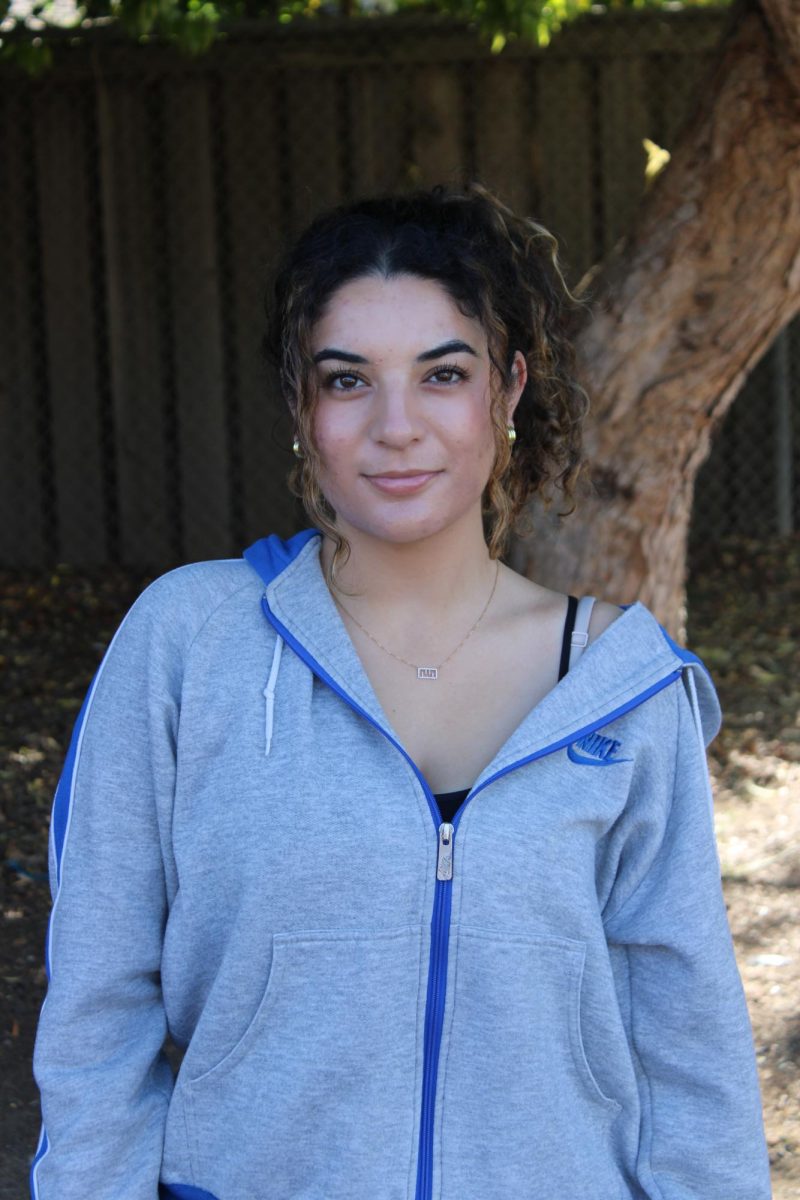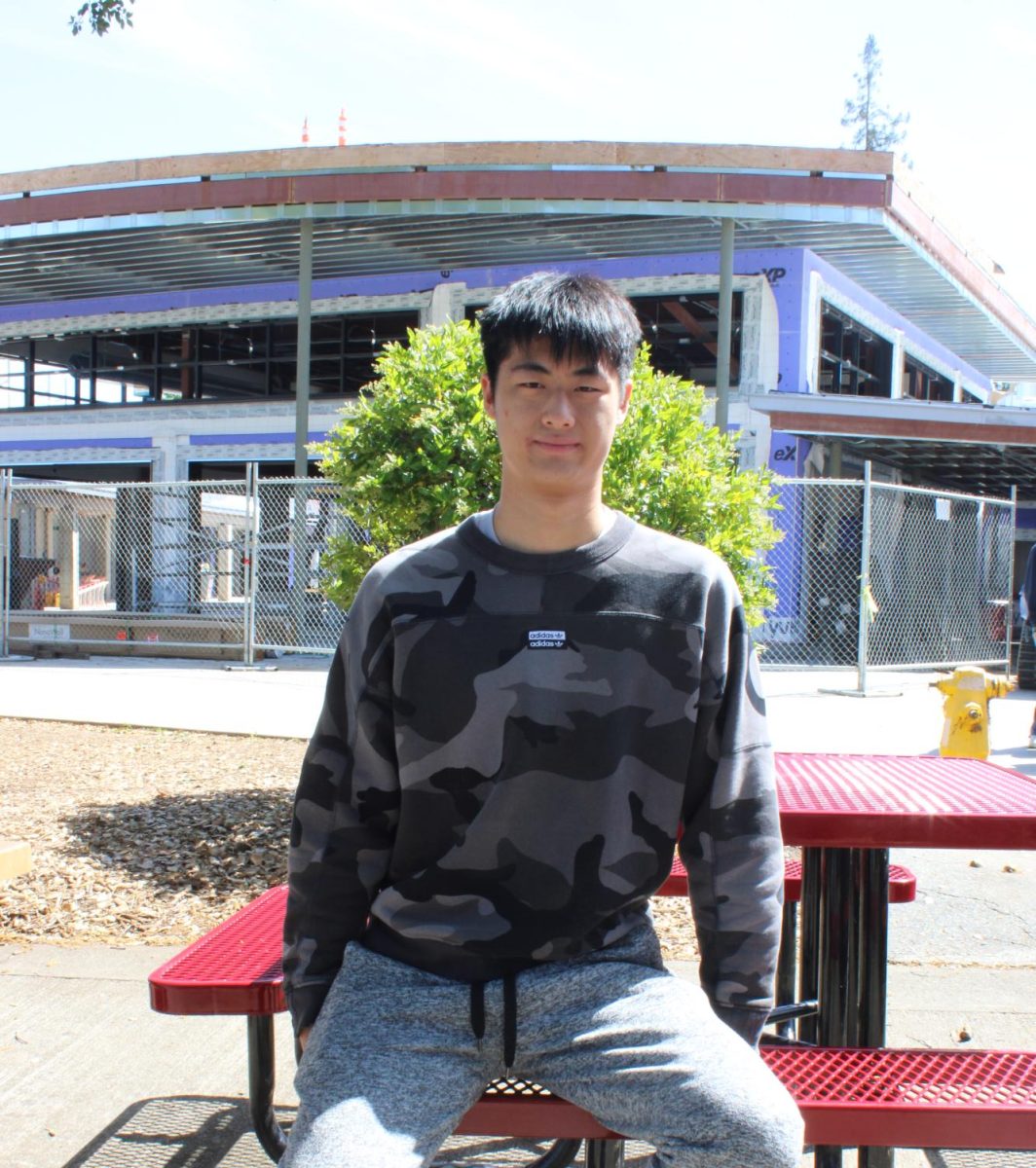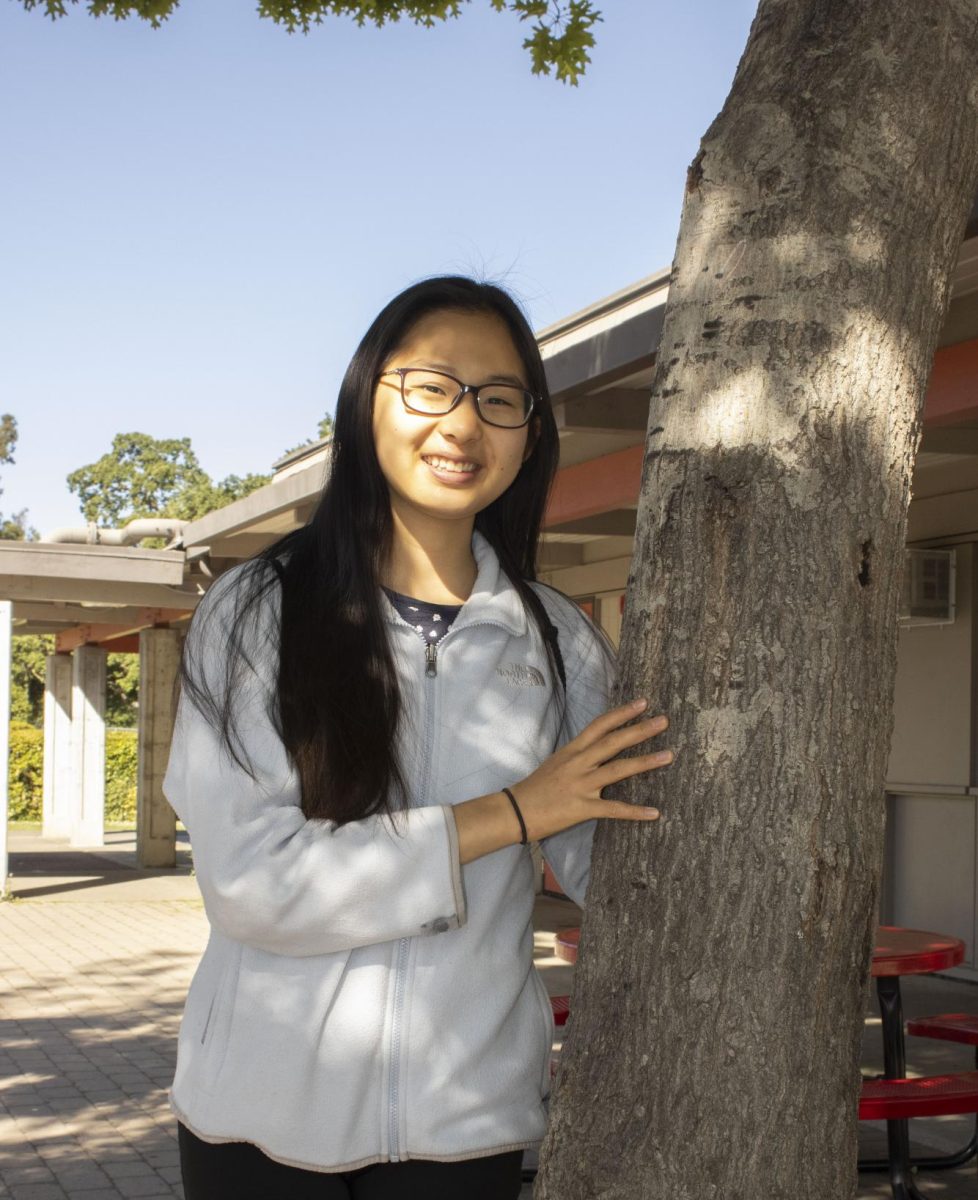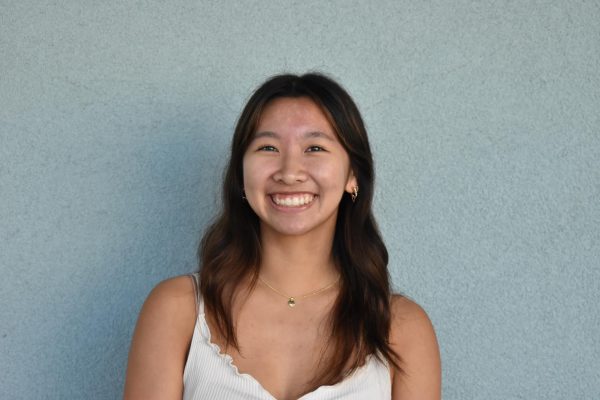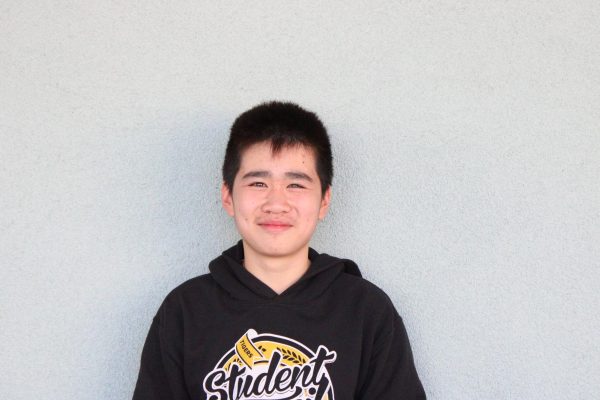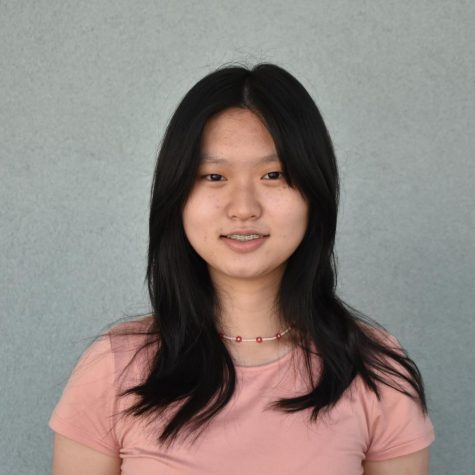The past six months have seen a spate of presidential resignations at universities across the U.S. On Aug. 31, Stanford University President Marc Tessier-Lavigne stepped down; on Dec. 9, University of Pennsylvania President Elizabeth Magill resigned; and on Jan. 2, Harvard University President Claudine Gay left her post.
These resignations reflect increasing turmoil in higher education. Although controversy on college campuses is nothing new, the Israel-Hamas war and the Supreme Court decision ending affirmative action have precipitated a new wave of battles for institutions. As accusations, controversies and resignations play out, the future of free speech, inclusion and academic integrity.
The Limits of Free Speech
On Dec. 5, three elite U.S. university presidents — Gay, Magill and Massachusetts Institute of Technology President Sally Kornbluth — testified before the U.S. Congress on the topic of campus antisemitism following the onset of the Israel-Hamas war. While the presidents recognized the rise in antisemitism and Islamophobia on their campuses and said they were taking steps to address the issue, their answers were widely condemned. When asked whether calling for the genocide of Jews would violate their schools’ codes of conduct, the presidents failed to provide clear answers, saying that it depended on context and whether the speech was reflected in conduct.
Politicians, alumni and university donors alike attacked their legalistic, ambiguous responses, leading to calls for the presidents’ resignations. Both Gay and Magill resigned within a month, with Gay’s resignation marking the shortest presidential tenure in Harvard’s history. Currently, Kornbluth retains her position as MIT’s president.
The congressional hearing had implications extending beyond the three university campuses, fueling debates over which forms of speech are protected by the First Amendment — especially at educational institutions dedicated to diversity of thought and perspective. Social studies teacher Laurel Howard highlighted the difficulties in navigating conversations about geopolitical conflicts like the Israel-Hamas war.
“We used to say when you’re talking about these polarized issues, you have to have both sides represented,” she said. “But as these kinds of conflicts come up, when you say you support one side, people immediately assume that means you want the death of another group. We jump to these extremes really quickly, and that makes it a really dangerous thing to have these open conversations even though they’re so important to be having.”
She explained that even with legal guidelines, there is not always a clear-cut answer for what constitutes free speech.
“We do have guidance in our constitution and in the Supreme Court cases about free speech that say if it’s speech that immediately leads to violence, it is not protected,” she said. “So that’s what I come back to personally. Is this speech trying to incite violence against another group? If so, we probably should not be protecting it. The larger conversation is, when are we getting to that point? At what point does my language lead directly to violence, and how do we determine that collectively?”
Gunn alumna and current UPenn sophomore Sage Leland believes that there’s an important distinction between legally sanctioned and morally permissible speech.
“I think that distinction is something that the university should try to make, where it’s not so much restricting speech but drawing the line of community-minded speech,” she said. “Even if legally you could say something, is it the right thing to say? Should you be saying it?”
Diversity, Equity and Inclusion
Gay was Harvard’s first Black president, and her resignation fueled the on-going conversation about diversity, equity and inclusion — or DEI — in higher education. Since early last year, conservative lawmakers and academics have sought to undermine colleges’ DEI efforts, with anti-DEI legislation being introduced in at least 21 states since 2021, according to the Chronicle of Higher Education. The bills aim to ban diversity training, employment and funding for DEI offices, and the use of diversity statements and identity-based preferences in admissions and employment.
As white men continue to constitute the majority of U.S. college presidents, Howard noted the intense pressure on university officials such as Gay who come from traditionally underrepresented backgrounds.
“Nobody wants to be reduced to just their racial identity or just their gender identity,” she said. “It shows that the bar is so high, and there’s so much scrutiny on people who are thought to have received those positions because of their identity.”
Debates over systemic DEI are not new, but recent events have resulted in further polarization. According to social studies teacher Tara Firenzi, DEI should come naturally, and conflicts can easily be avoided.
“This question of diversity, equity and inclusion really should be a no-brainer for everybody,” she said. “It’s been manipulated in order to inspire passionate responses that often end up falling along political lines to benefit certain political actors. It goes back to a lot of the ideals of our country. We should make amends for injustices of the past in ways that are fair and equitable. These are things that most of us can agree on.”
Although Leland recognizes UPenn’s efforts to support DEI, she doesn’t always feel or see the effects as a student.
“I think meaningful diversity, equity and inclusion work that addresses all marginalized communities — not just focusing on one — and that reaches more individual students is something that is super important, instead of just pledging to do something and not actually doing it,” she said.
Academic Integrity
In addition to the controversy from the congressional hearing, Gay’s resignation resulted from an investigation of plagiarism during her academic career. The fallout was similar to that of Tessier-Lavigne’s resignation in August 2023 after he was accused of academic misconduct in and mismanagement of his past studies. More recently, former MIT professor Neri Oxman was found to have plagiarized sources such as Wikipedia in her dissertation. Oxman’s husband, billionaire and hedge-fund manager Bill Ackman, was one of Gay’s most notable critics and had tried to remove Gay from Harvard’s board, according to the New York Times.
This recent pattern of events brings an underlying crisis of academic integrity to light. Yet situations like Oxman’s and Gay’s make it clear that plagiarism accusations are not entirely apolitical: They have become entangled with debates over free speech and DEI. In an interview with Politico, published on Jan. 3, conservative activist Christopher Rufo acknowledged that the plagiarism allegations against Gay were made by specific figures and news outlets to dismantle her legitimacy, especially regarding new DEI programs.
“We jump to these extremes really quickly, and that makes it a really dangerous thing to have these open conversations even though they’re so important to be having.
— Social Studies Teacher Laurel Howard
Many of these attacks stemmed from not blatant plagiarism but subtle replication of ideas with a lack of citation. Because the line be-
tween plagiarism and originality can be murky, Howard urges all of her students to be safe rather than sorry.
“It’s really common if you’re doing a lot of research to accidentally replicate something,” Howard said. “Obviously, if you’re pulling from another person’s work and if your thoughts directly match their progression, even if you use your own words, it’s really important to cite that kind of thing.”
Firenzi believes that intentionality is the key distinguisher of plagiarism.
“I think plagiarism is when you knowingly and intentionally are taking someone else’s work and representing it as your own,” Firenzi said. “And that can be verbatim or it can be in substance. I think it’s not as black-and-white as it may seem to a lot of people.”
These attacks on university leadership have brought along another wave of skepticism toward educational institutions: The percentage of young adults believing in the importance of a college degree has fallen from 74% in the early 2010s to about 40% in recent years, according to the New York Times. Still, some have questioned whether these resignations were necessary and if the backlash was too harsh.
“In all of these cases, the question of degree has been at the heart of the debate,” Firenzi said. “It really behooves everyone to be extremely careful about any time you’re using someone else’s work, and making absolutely sure that you’re giving all the credit that you can for it and not cutting corners.”
Furthermore, Firenzi highlighted the importance of understanding the nuances of these issues — from academic integrity to free speech — in Palo Alto, a highly educated community.
“These things are probably felt more prominently here than they are in a lot of other places,” she said. “That brings with it an awareness that ultimately benefits our students — that you do have to do these things in a way that puts both integrity, equity and inclusion front and center and ensures that proper credit is given for ideas and words to the authors that created them.”


